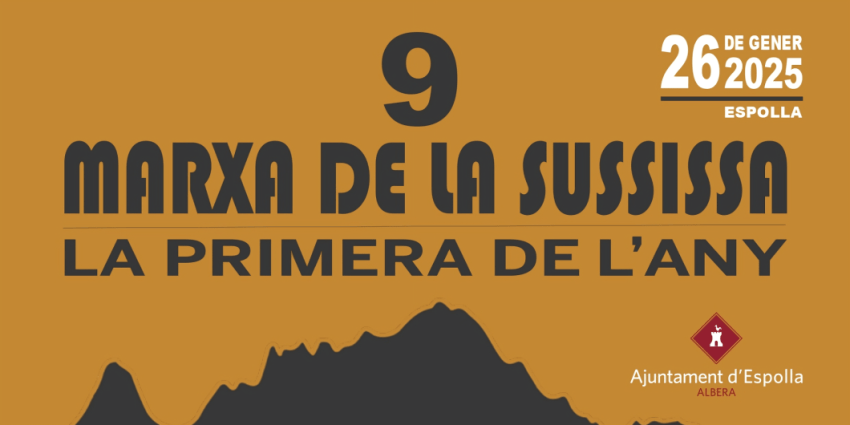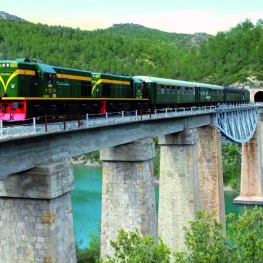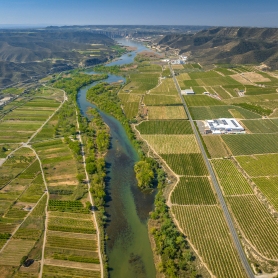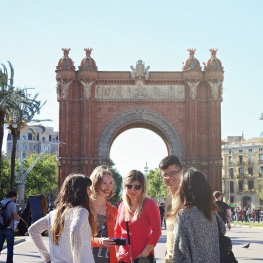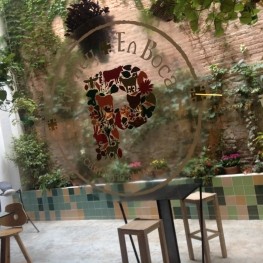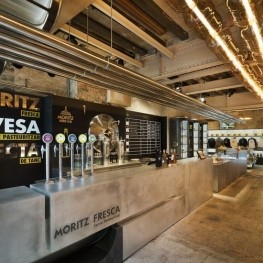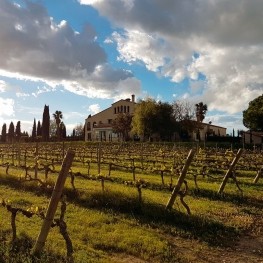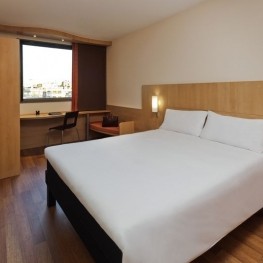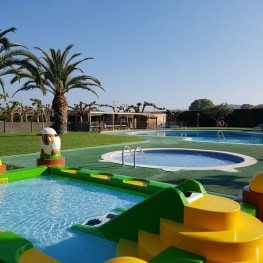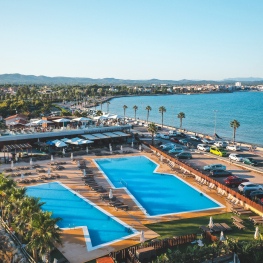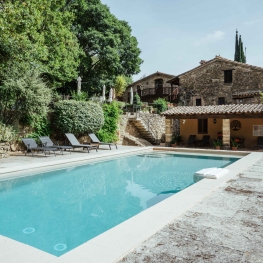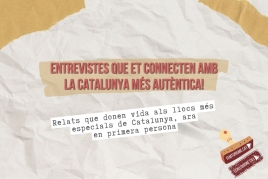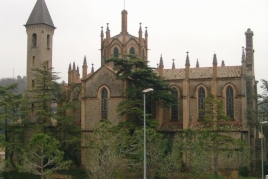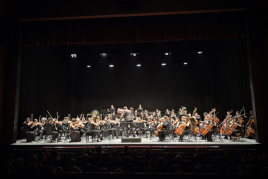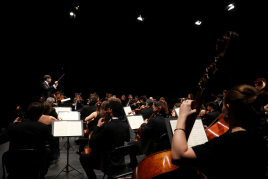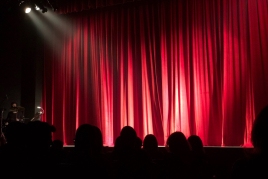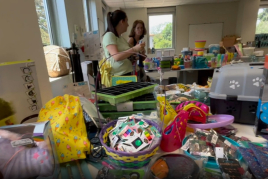After the Nova Planta laws
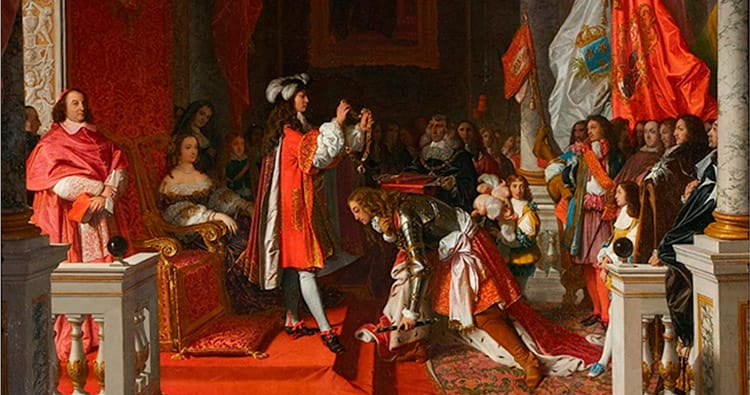
After a war there are always catastrophic: people killed, injured, destruction of buildings, etc. But we should not consider only tangible harm. Also keep in mind all that is not seen, but felt that over the years the catastrophe left clear ...
In a war there are always two camps: winners and losers. And this map is dedicated to those losers who lost not only loved ones or limb, or lost their home. From femTurisme.cat we dedicate this map in the intangible that was lost: the culture, the language, but especially what has endured over the years ... the feeling of belonging to a nation, a country, a people , a language, a culture, a tradition ... in Catalonia.
The victory of Felipe V
 Once the troops of Philip V, after fourteen months of siege, the city fell to make Barcelona at your feet, everything changes.
Once the troops of Philip V, after fourteen months of siege, the city fell to make Barcelona at your feet, everything changes.
A new political system is implanted, the privileges of the nobles, local jurisdictions and institutions of self-government were removed, but the Catalan institutions and civil liberties of its people enjoyed also canceled.
The War of Spanish Succession had brought destruction. They estimate that about 400,000 soldiers died since its inception in 1701 until the surrender of the city in 1714, in particular, on the site of the city were killed and over 17,000 wounded men; 7,000 were defenders of the city of Barcelona and the rest, about 10,000, were part of the army of Philip V.
Nueva Planta decrees
 We know from Nueva Planta decrees entire set of laws enacted by Felipe V once come to the throne of the Spanish crown.
We know from Nueva Planta decrees entire set of laws enacted by Felipe V once come to the throne of the Spanish crown.
These laws included the abolition of the courts, municipal councils and the Government, as the prime example. Many of the buildings occupied by these institutions were occupied and built the Citadel military Barcelona to control the city. This new construction did completely change the Ribera district, since a large number of buildings were demolished.
Castilla laws were imposed, in the same way that it was a new tax, the land, and were dissolved municipalities to impose a new system of mayors and councilors.
Catalan universities were closed and created a new one, of Cervera . The Catalan culture was persecuted and is a clear example how few books published throughout the eighteenth century.
The name of New Plant comes from the implementation of a new structure in the system of government and institutions that will be modified, since these laws, the Spanish monarchy becomes an added absolutist monarchy which had already in Europe .
These Nueva Planta decrees were in force until 1837, when the Spanish Constitution and the decrees are repealed, driveway giving national sovereignty to be devoted in the territory since been ratified.
Bourbon absolute monarchy
 The first premise of Philip V when it comes to the throne as a monarch that his presence in the territory comes from a divine origin.
The first premise of Philip V when it comes to the throne as a monarch that his presence in the territory comes from a divine origin.
This made the whole system of government depended on the will of the monarch to make decisions, as it is considered fully sovereign to choose the appropriate options.
The Spanish monarchy was formed by a set of joints from different territories, all through marriages, which were viewed as subordinate to the new central laws which focused on sovereign representative maximum: the king.
Only areas are safeguarded current Navarre, the Basque Country and the Aran.
Citadel Barcelona
 Barcelona Citadel was built as a military designed and building, not only in order to defend the city from external conquests, but also to terrorize the inhabitants of Barcelona .
Barcelona Citadel was built as a military designed and building, not only in order to defend the city from external conquests, but also to terrorize the inhabitants of Barcelona .
The Citadel project was conceived within a group of buildings that would be useful for the city, as an extension of the castle of Montjuïc make Drassanes a military barracks.
The structure consisted of a pentagonal building completed in five major and five bastions situated between two contiguous major.
Construction work began in 1716 and were completed in 1725 and lasted to this structure until 1841, year in which it began to break down.
With its demolition, disappearing one oppressive symbols of the city. From that moment would become a green area which was released in 1888 to coincide with the World Expo.
Catalan universities
 The closure of the Catalan universities is one of the most culturally important consequences in Catalonia in the eighteenth century.
The closure of the Catalan universities is one of the most culturally important consequences in Catalonia in the eighteenth century.
This marked what would happen from that moment, as Felipe V built a university, of Cervera , where he could have control of all the knowledge that was disseminated in the territory, setting aside their own characteristic features of culture, as was the case of language.
Among the universities that were closed were that of Barcelona , that of Tarragona , Lleida , Girona , Tortosa , Vic and Solsona .
University of Barcelona
 As happened with each and every one of the Catalan universities, the University of Barcelona was suppressed in 1717 and for a time converted into military barracks.
As happened with each and every one of the Catalan universities, the University of Barcelona was suppressed in 1717 and for a time converted into military barracks.
The current historic building of the University of Barcelona is of later construction, the second half of the nineteenth century. It is located in the current Plaza City University of Barcelona .
It is a majestic building that dominates the square. It is divided into three parts: one central and two lateral bodies. The main auditorium known for having inside a hall of great artistic quality. The two central bodies were meant to take the two fields of study (arts and sciences). Each of them has an inner cloister and some hallways where one would want to miss.
University of Tarragona
 Higher education in the city of Tarragona were suppressed, like everything else, the 1717, however, Tarragona did not resume operation until the second half of the twentieth century.
Higher education in the city of Tarragona were suppressed, like everything else, the 1717, however, Tarragona did not resume operation until the second half of the twentieth century.
This was possible thanks to the merger of three training centers: two of Terrassa and one of the city of Tarragona .
The University of Tarragona consists of six campuses located throughout the city, some in the middle, one in the north of the city, one in the east, one in Vila-seca , one in Tortosa and the last in the Baix Penedès.
The main building, which is located in the city center.
University of Lleida
 The University of Lleida not saved close to 1717 despite being one of the oldest in the country, 1297 and major universities.
The University of Lleida not saved close to 1717 despite being one of the oldest in the country, 1297 and major universities.
The university has five campuses situated in different areas of the city of Lleida and the main building of the Rectory. This building was built in the nineteenth century for use as a seminary, as happened with many other universities, but over the years it has exhausted its initial function to accommodate most equipment and governing bodies of the university.
University of Girona
 The University of Girona was no exception, also suffered its closure in 1717 and not reopened again until 1869.
The University of Girona was no exception, also suffered its closure in 1717 and not reopened again until 1869.
The building of the Eagles, where he was located, became an annex of the military infantry regiment.
This building was built in the sixteenth century and at that time the facade presides in the Renaissance era is still preserved. It consists of two eagles, hence its name, which hold the shield of the city and accompanied by wings that symbolize two angels. All of it is made ??of crushed stone and is still present in the old town of Girona .
University of Tortosa
 The Royal Colleges of Tortosa are a set of three buildings. St. James College and San Matías, the church of Santo Domingo and the College of San Jorge and Santo Domingo latter welcomed the former University of Tortosa.
The Royal Colleges of Tortosa are a set of three buildings. St. James College and San Matías, the church of Santo Domingo and the College of San Jorge and Santo Domingo latter welcomed the former University of Tortosa.
It is a building which retains only the entry of two bodies and Renaissance-style attacks since Franco's troops bombed everything else. Despite the destruction suffered, the inscription recognizes the cover and in the House of Wisdom leaves no doubt of what was once.
The shield of the Dominicans and the date of construction, 1578 right in the arch that crowns the great gate is conserved.
University of Vic
 The history of the University of Vic begins with Felipe III grant made ??in 1599 to offer the degrees of Arts and Philosophy. It was called the Literary University of Vic.
The history of the University of Vic begins with Felipe III grant made ??in 1599 to offer the degrees of Arts and Philosophy. It was called the Literary University of Vic.
This like the others, also closed doors, the 1717 was the last university in Catalonia abolished Felipe V.
Once recovered the university right to the city, takes over from the old seminary building, located near the Plaza Mayor.
It is in this later study center where illustrious Catalans as Verdaguer, born in Folgueroles near the city of Vic .
University of Solsona
 The University of Solsona was created in the first half of the seventeenth century and represented a boost for the institutions and customs of the city of Solsona .
The University of Solsona was created in the first half of the seventeenth century and represented a boost for the institutions and customs of the city of Solsona .
It was located in the building where the Regional Council of Solsona is currently installed at the Palau Llobera.
It is a Gothic building built in the first half of the fifteenth century. It is made of crushed stone and has three floors, as if it were a manor house structure, although its initial function was to host the sick and needy, and poor hospital.
Restorations and repairs has been done, have uncovered hidden items now reveal. You can also observe the Renaissance style and modern construction elements.
What to do
Gymkana Digital Turística
BarcelonaTourist and cultural routes in a gymkhana format. Completely free and without…
Gimcanes GeoCats
BarcelonaDiscover Barcelona with GeoCats in the most convenient and fun way possible!…
Where to eat
Arena Tapas Restaurant
Salou (a 10.9 Km)Enjoy an innovative cuisine, with high-quality local products of proximity, with an…
Fàbrica Moritz Barcelona
Barcelona (a 1.3 Km)The Moritz Factory Barcelona is a unique space, divided into three floors,…
L'Orangerie de Clos Barenys
Vila-seca (a 12.8 Km)Under our fires, we prepare haute Mediterranean cuisine by selecting the finest…
Where to sleep
Hotels Ibis Lleida
Lleida (a 1.5 Km)Our Ibis hotel in Lleida is integrated into the commercial area of…
Càmping Trillas Spa Tamarit
Tarragona (a 9.1 Km)Its peaceful location, between the sea and the mountains, surrounded by various…
Càmping Ampolla Playa - Taiga Delta de l'Ebre
L'Ampolla (a 14.9 Km)At the gateway to the Ebro Delta Natural Park, Camping Taiga Delta…
Hotel Rural La Sala de Camós
Girona (a 12.5 Km)Enjoy a surprising destination surrounded by an extraordinary landscape. An ideal place…

